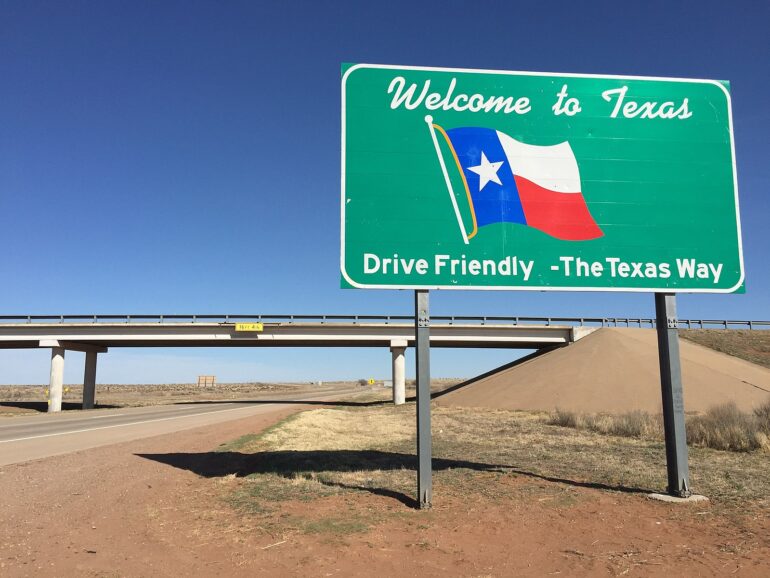The state of Texas announced on Monday that over one million illegitimate voters have now reportedly been removed from the voter registration registers since the previous presidential election.
According to data from the governor’s office, approximately half of the electors who were removed have passed away, requested to be removed, or are currently residing in another state.
Approximately 6,000 of the individuals were convicted felons who were unable to vote, while nearly 7,000 were noncitizens who had registered illegally.
There were approximately 463,000 individuals on Texas’ “suspense list,” which is a list of counties that position voters who fail to respond to requested certification forms.
The removal endeavor is a component of a comprehensive package of voting restrictions that the Texas Legislature enacted following the 2020 presidential election.
At that time, Abbott stated that the legislation would facilitate the voting process and make it more difficult to defraud in the Lone Star State.
Critics contend that it has a disproportionate impact on voters with disabilities and voters of ethnicity.
The governor’s office has reported that approximately 1,930 of the nearly 6,500 noncitizens who were removed from the voter registers have a voter history.
Those cases will be referred to the Attorney General’s office for potential felony charges.
After President Biden defeated former President Trump in the 2020 election, Texas, along with other predominantly Republican-controlled states, implemented a series of new voting restrictions.
The Texas law that has enabled the removal of one million illegitimate voters also establishes statewide voting hours, prohibits drive-through voting methods that were implemented for safety purposes during the coronavirus outbreak, and grants poll observers increased access to observe the election process, among other provisions.
Additionally, it prohibits the widespread distribution of mail-in ballot applications.
[READ MORE: Trump Claims Musk Probably ‘Too Busy’ To Serve in His Cabinet but may ‘Consult’]





